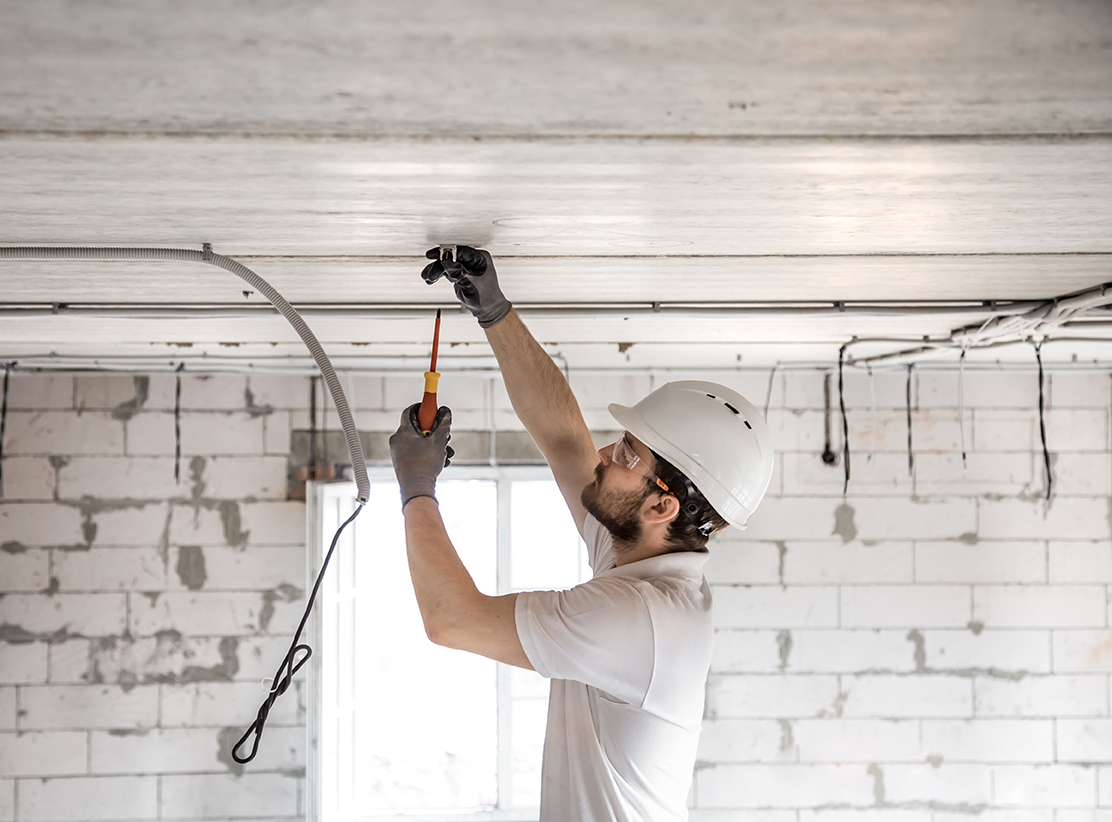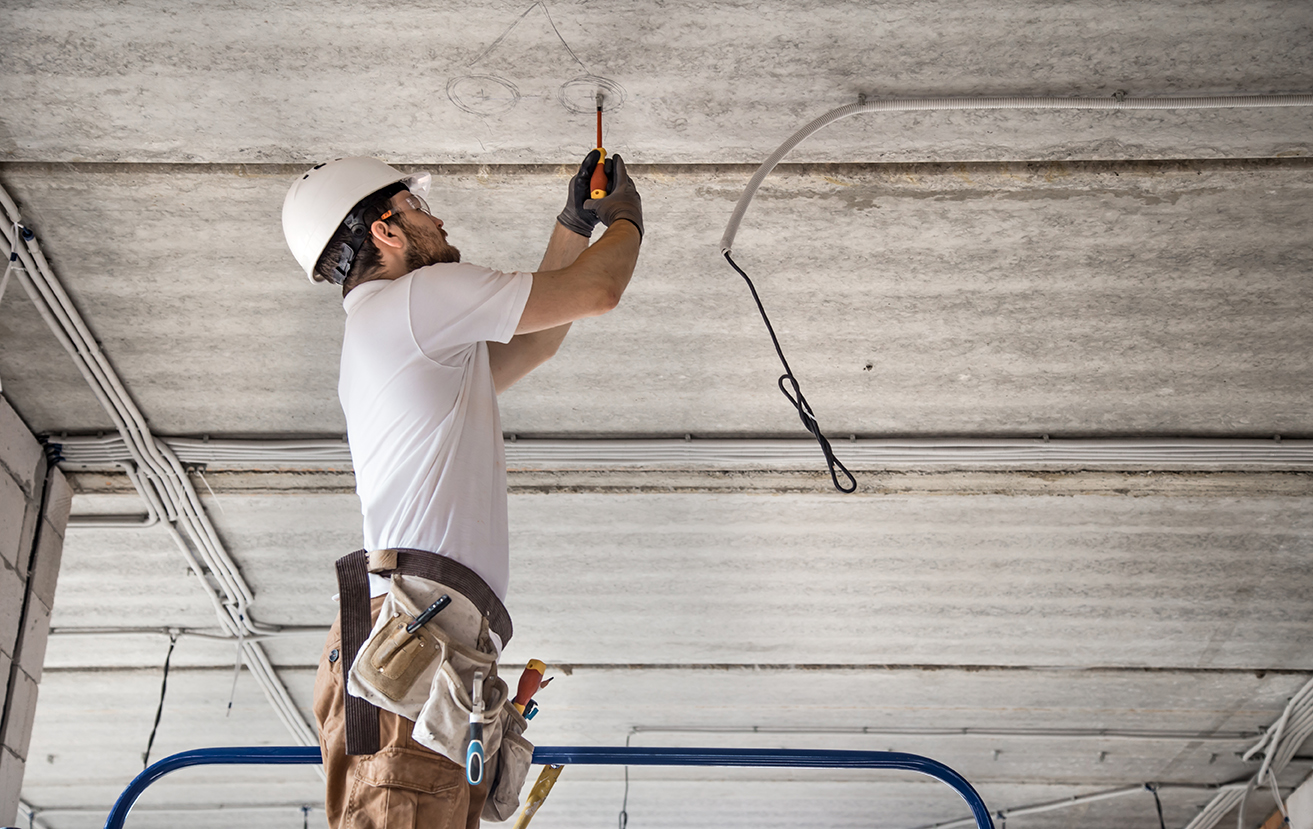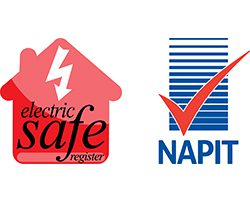House Rewire in Bristol and the Southwest
What is a House Rewire?
Your home’s wiring installation is a complex system of cabling running underneath your floor, in your walls and through your ceiling. These supply power to your sockets, switches and lights, along with any other fixed electrical items and appliances.
During a house rewire these cables are replaced with new cables run from your consumer unit. A consumer unit replacement is often done in conjunction with a rewire. If all of the old or redundant cables are replaced throughout your home this is called a ‘full rewire’. If they’re replaced in a localised area this is called a “partial rewire”.
Bristol’s housing stock is quite old and often neglected; we regularly encounter electrical wiring over fifty years old! We are well-versed in the intricacies of rewiring older homes and properties, ensuring that your electrical system is brought up to modern standards with modern amenities.
Do I need a House Rewire?
We would advise that a rewire is required every 25 years. Rewiring is necessary for a few reasons: cable tends to degrade over time and needs to be replaced; technological improvements in electrical safety need to be incorporated into the electrical installation and new features and technologies in your home require additional power.
There are situations (usually a combination of the issues outlined below) where a rewire will be needed sooner:
How much does it cost to rewire a house?
As a rule of thumb, the cost of a rewire for a 3-bedroom house in Bristol ranges between £5000 and £8000 excluding VAT. However, the final cost is conditional on the specification, the installation method, the size of the property and the length of time the rewire takes, especially if the electrical work is in conjunction with other building works or trades.
We believe in providing transparent and competitive pricing for our house rewiring services. Our detailed quotes outline the scope of work and associated costs, so you know exactly what to expect.
How long does it take to rewire a house?
The installation method is particularly important in determining the length of time a house rewire may take:
How disruptive is a rewire and some things to consider
Managing the work of a rewire?
The quickest and most cost effective way to rewire is to do the whole house all at the same time. The power will be off to the lighting and existing sockets for the duration of the rewire, with only a few double sockets in the hallway.
You could do the rewire in sections. This is commonly done if the rewire is being conducted in conjunction with other building works such as a renovation, extension or loft conversion.
If your electrics can be split between the different floors it may be possible to rewire the first floor electrics while leaving the ground floor energised. This may be an option if you wish to live in the house during the rewire.









